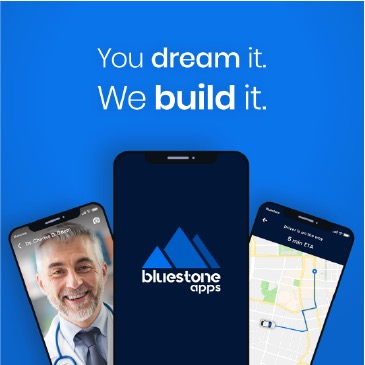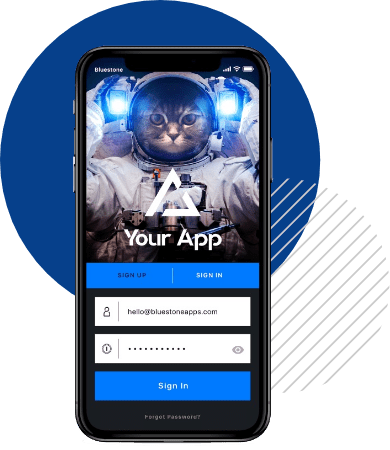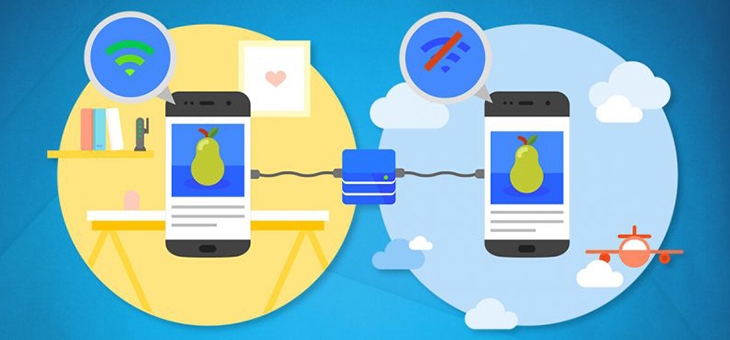
Progressive Web Apps vs. Native Apps: What the Heck is the Difference?
So you’re looking into developing a mobile app for your company but you’re on-the-fence about which approach to take. You’ve probably heard all the fuss lately about progressive web apps (or PWA’s) and native apps. But… What the heck is the difference and why is it imperative for you to know?
Well, for a better understanding, let’s start with this…

Native Apps
Native apps are the most common type of app you’ll see. They’re built for specific platforms, such as Apple or Android, and written in a language that individual platform accepts.
Most companies will typically invest in native app development due to the many benefits offered as opposed to other types of apps.
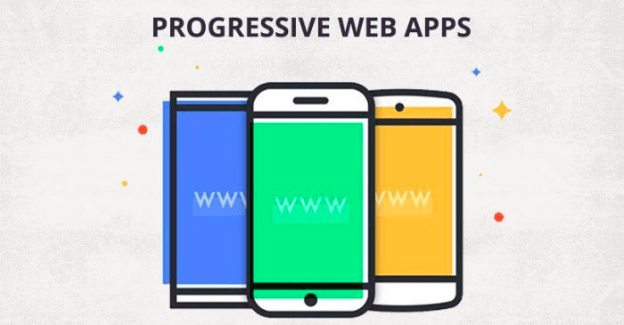
Progressive Web Apps
Websites provide users access to information. Now, since web apps are unable to display as much information as a desktop version can, web apps condense the website to improve its performance. A web app will load in browsers such as Safari, Firefox, or Chrome. Progressive web apps don’t need to (and can’t) be downloaded from an app store like a native app.
So What Do You Do?
What to do? What to do?… Will you develop a native app, go for a web app or create a crossbreed of the two? Do take note: Your decision will influence the overall design of your mobile product as well as determine user-interaction with that product.
Overall, a progressive web app would cost less since there are no required permissions with Apple or Google Play. (Meaning, you won’t find a progressive web app in an app store.) However, with a native app, your customers can interact and purchase products much easier. Not to mention, if your customers are willing to download your mobile app onto their phone, it’s a sign that they are truly interested and loyal to your company.
Consider These Details Before You Decide between a PWA or a Native App
Typically companies choose to go along with native apps because they’re built for specific platforms which means they run very quickly and efficiently. The application is stored onto the device therefore, as the user surfs through the app, the load times are quicker than those of a progressive web-based app.
Also, with native apps, they can directly access the device’s hardware. GPS, microphone, camera, and contacts (to name a few) are used for faster execution in producing search results and ultimately result in better user experience.
Let’s Talk About Safety Real Quick!
Web apps are forced to rely on different browsers and underlying technologies (ie: JavaScript and CSS) which can be scary when inputting sensitive information. Whereas a native app is downloaded and stored onto the device. Therefore, it’s a great way to guarantee your users’ data protection.
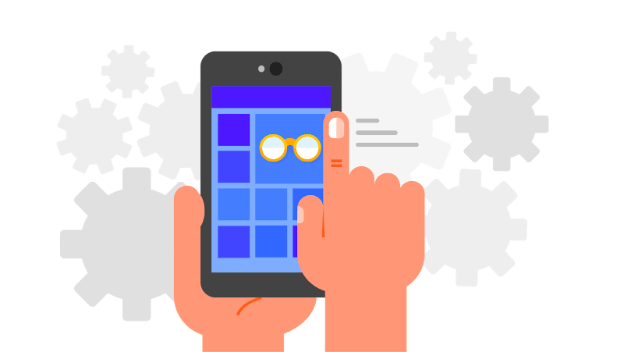
Among Other Things with Native Apps…
Native apps have a superior user experience because they are specifically created for an operating system. There is a natural flow when surfing through a native app which allows the user to familiarize themselves quickly and easily. Users are more likely to interact with an app from Google Play or the App Store as opposed to a progressive web app. With a native app having access to the device’s hardware, users can upload photos, chat and store payment information for future purchases.
All of these factors spell out “Major Convenience” for the app-user.
Push notifications are also a great benefit to having a native app developed. Even if the application is closed, push notifications call attention to special events or promotions you want your customers to be aware of.
One more thing! Bugs. Yes, bugs, or should we say “fewer bugs”. Native apps tend to have way fewer bugs than progressive apps. You see, smart devices perform updates to ensure the operating system is current and runs smooth. However, the operating system updates; the progressive web app does not. On the other hand, native apps and the operating system update in sync. With such teamwork, native app-users have access to new platform features once the operating system is updated. This makes for a much more customizable application!
Progressive Web Apps vs. Native Apps: Which Road Will You Travel?
Now that there’s an understanding of the difference between these two types of apps, it sounds like a native app is a way to go! The initial cost is a little higher when developing the app, however, you’ll end up saving way more time and money in the long haul. If it’s done right the first time, a native app will change the future of your business for the better!
By providing your customers with great user experience, excellent performance, and leveraging the device features, you can give your customers a more personalized experience which will be very rewarding in the long-run. This combination of advantages will produce higher conversion rates and ultimately boost customer loyalty.
Whichever app you see fit should above all be quick, responsive, and reliable. Just Remember: App-users are demanding more from their mobile experiences, and it’s important to keep up with their changing demands. (They’ll thank you for it!)
Share This Post
Categories
